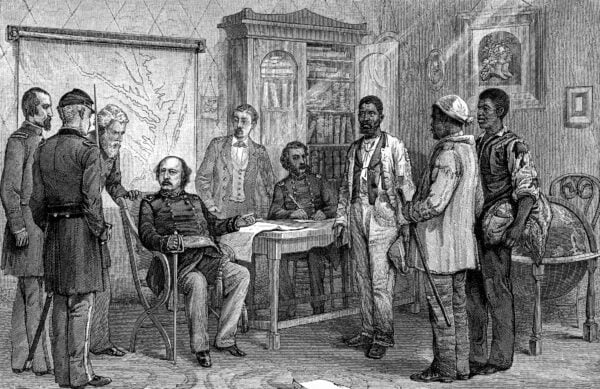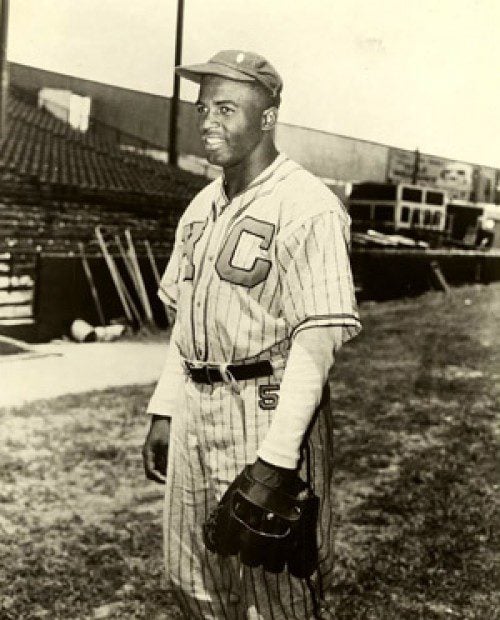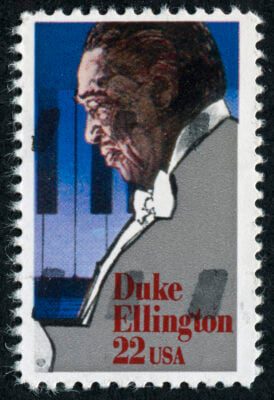April is often associated with spring and renewal, but it also powerfully reminds us of the struggles and triumphs within Black history. From rebellion to resistance, legislation to liberation, April has been a month of historic turning points that continue to impact us today.
Below are seven pivotal Black history moments from the month of April that deserve to be remembered and honored.
April 6, 1712: The New York Slave Revolt
In one of the earliest recorded revolts against slavery in North America, over 20 enslaved Africans rose up in New York City. They set a building on fire and attacked enslavers in an act of defiance and desperation.
Though the revolt was brutally suppressed, it sparked fear in colonial authorities and led to harsher slave codes. More importantly, it showed that even in bondage, Black people resisted oppression and fought for their freedom.

April 9, 1865: The End of the Civil War
When General Robert E. Lee surrendered at Appomattox Court House, it marked the official end of the American Civil War. But beyond the headlines of Union vs. Confederacy, this moment symbolized a significant shift in the fight for Black liberation.
Nearly 200,000 Black men served in the Union Army and Navy. Their courage and service turned the tide of the war and helped pave the way for the 13th Amendment, which abolished slavery.
The Civil War was not just a political battle — it was a fight for human dignity, led in part by those who had the most to gain from freedom.
April 11, 1968: The Fair Housing Act Becomes Law
President Lyndon B. Johnson signed the Fair Housing Act to address racial injustice in housing. The law made it illegal to discriminate in the sale, rental, or financing of housing based on race, color, religion, or national origin.
However, while the law was a historic win, housing discrimination didn’t disappear. Redlining, unequal lending, and racial appraisal gaps continue to deny Black families access to homeownership and wealth-building opportunities.
Today, the average Black family owns about one-eighth the wealth of the average white family, a gap rooted in decades of discriminatory housing policies.

April 15, 1947: Jackie Robinson Breaks Baseball’s Color Barrier
When Jackie Robinson debuted with the Brooklyn Dodgers, he shattered Major League Baseball’s long-standing color line. But this wasn’t just a sports milestone — it was a national reckoning.
Robinson endured threats, insults, and intense scrutiny. Yet his discipline and excellence forced fans and institutions to question segregation—not only in sports but in schools, neighborhoods, and workplaces.
Jackie Robinson’s courage turned a baseball diamond into a battleground for civil rights.
April 20, 1871: The Ku Klux Klan Act Signed into Law
President Ulysses S. Grant signed the Ku Klux Klan Act, officially known as the Civil Rights Act of 1871, to combat white supremacist violence during Reconstruction.
This act empowered the federal government to intervene when states failed to protect Black citizens from racial terrorism. It allowed federal troops to arrest and prosecute members of the KKK and other groups using violence to suppress Black voting and civil rights.
More than just a law, the Ku Klux Klan Act was a bold declaration: White supremacy would not go unchecked — at least, not without resistance.
April 22, 1994: South Africa Holds Its First Multiracial Elections
While not U.S.-based, this moment resonates globally in Black history. After decades of apartheid, South Africa held its first fully democratic election, and Nelson Mandela was elected president.
The moment marked the triumph of Black leadership and resistance over white minority rule. It inspired movements worldwide and reminded the world that no system of oppression is too strong to fall.

April 29, 1899: Duke Ellington Is Born
Born in Washington, D.C., Edward Kennedy “Duke” Ellington became one of the greatest composers in American history. Through jazz, swing, and big band orchestration, Ellington elevated Black music to global stages.
His legacy reminds us that culture is also a battleground, and Black excellence can be a revolutionary act.
Why April in Black History still matters
Each of these moments holds more than historical value; they are lessons. They reveal how Black people have always fought for liberation: in courtrooms, on battlefields, in Congress, through art, and by simply surviving and thriving.
As we move through April, let’s do more than remember. Let’s reflect, act, and teach. Because the struggle for justice didn’t begin in April. And it won’t end until freedom is more than a promise — it’s a reality.
Brittany Wilkins is a black history educator and founder of Historians Connect. She hosts the podcast Black Washed History.





